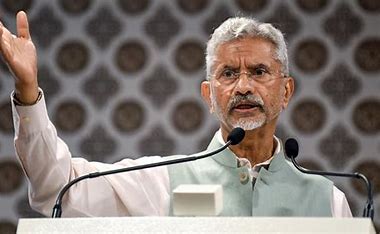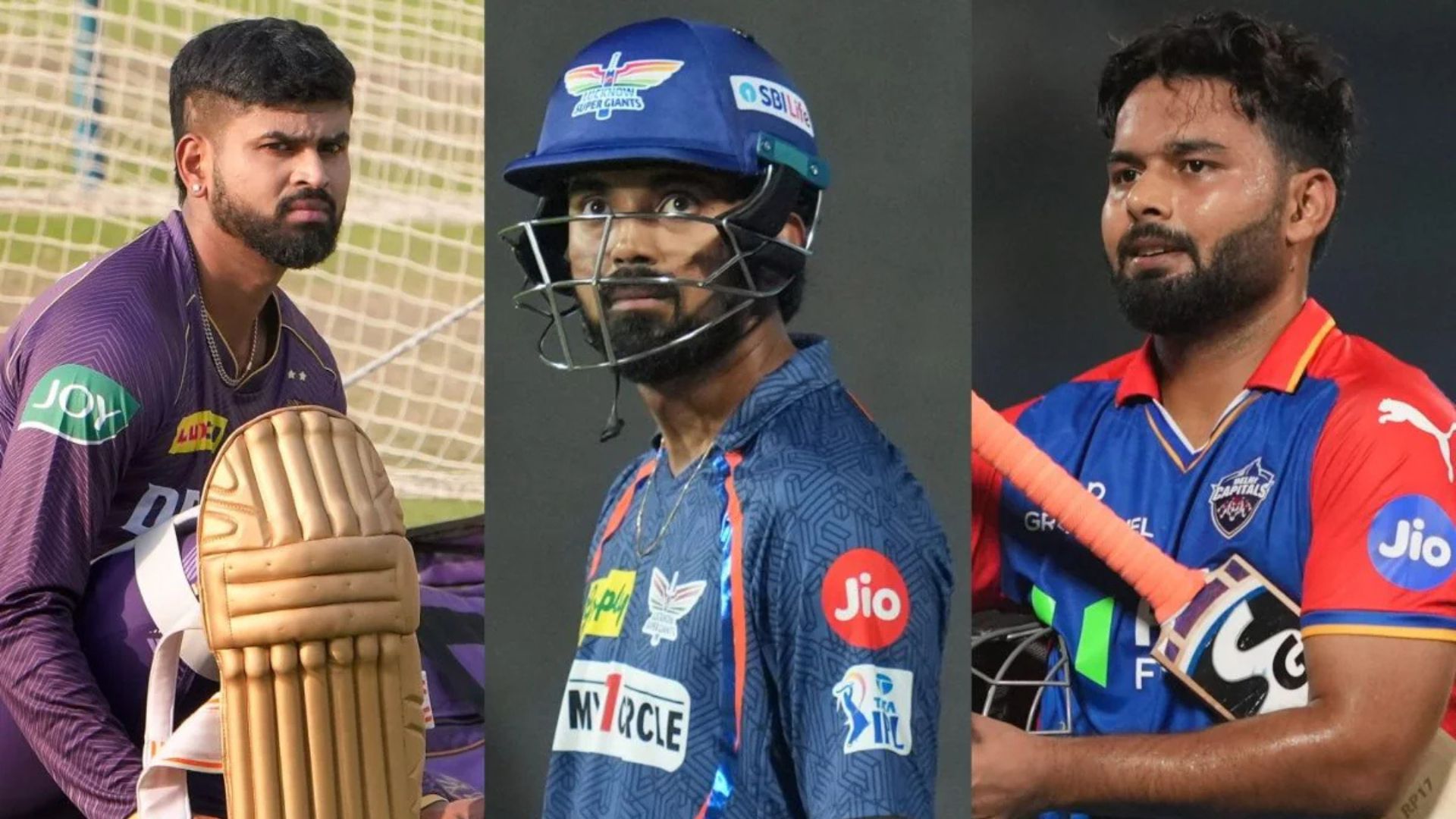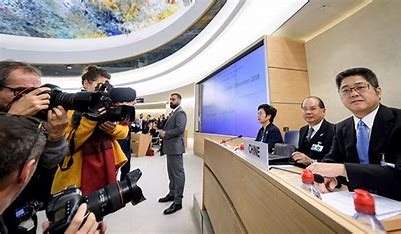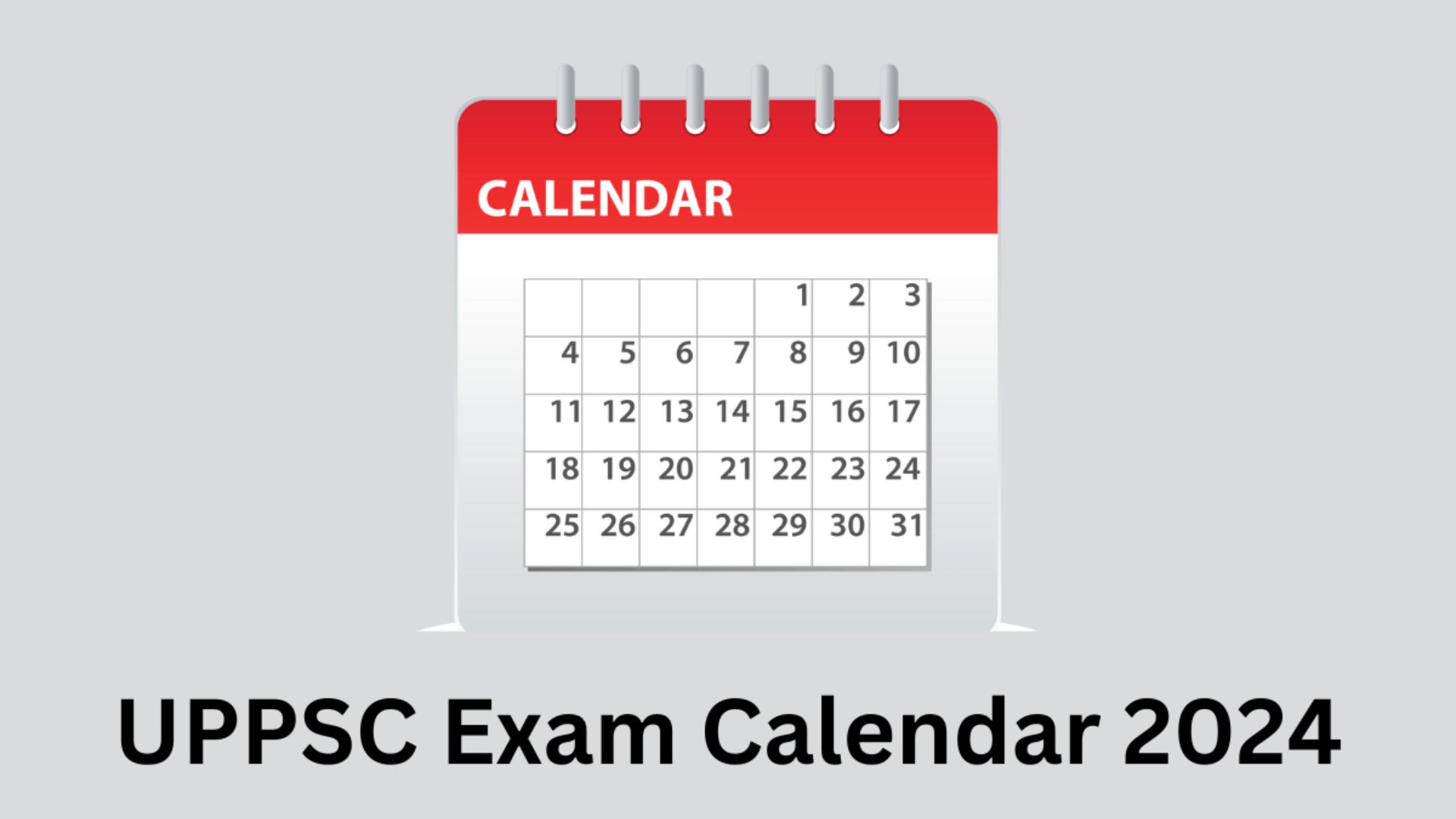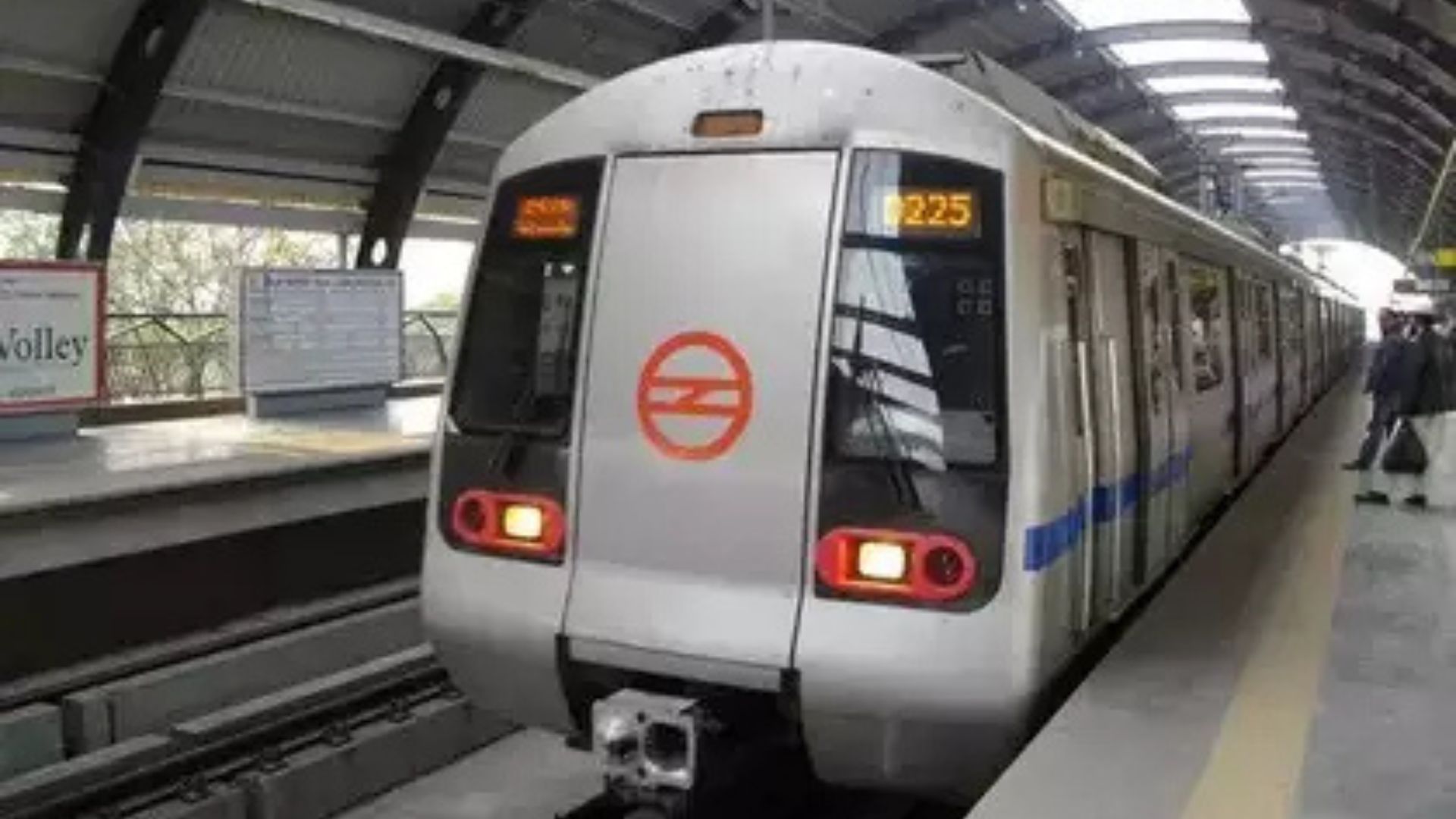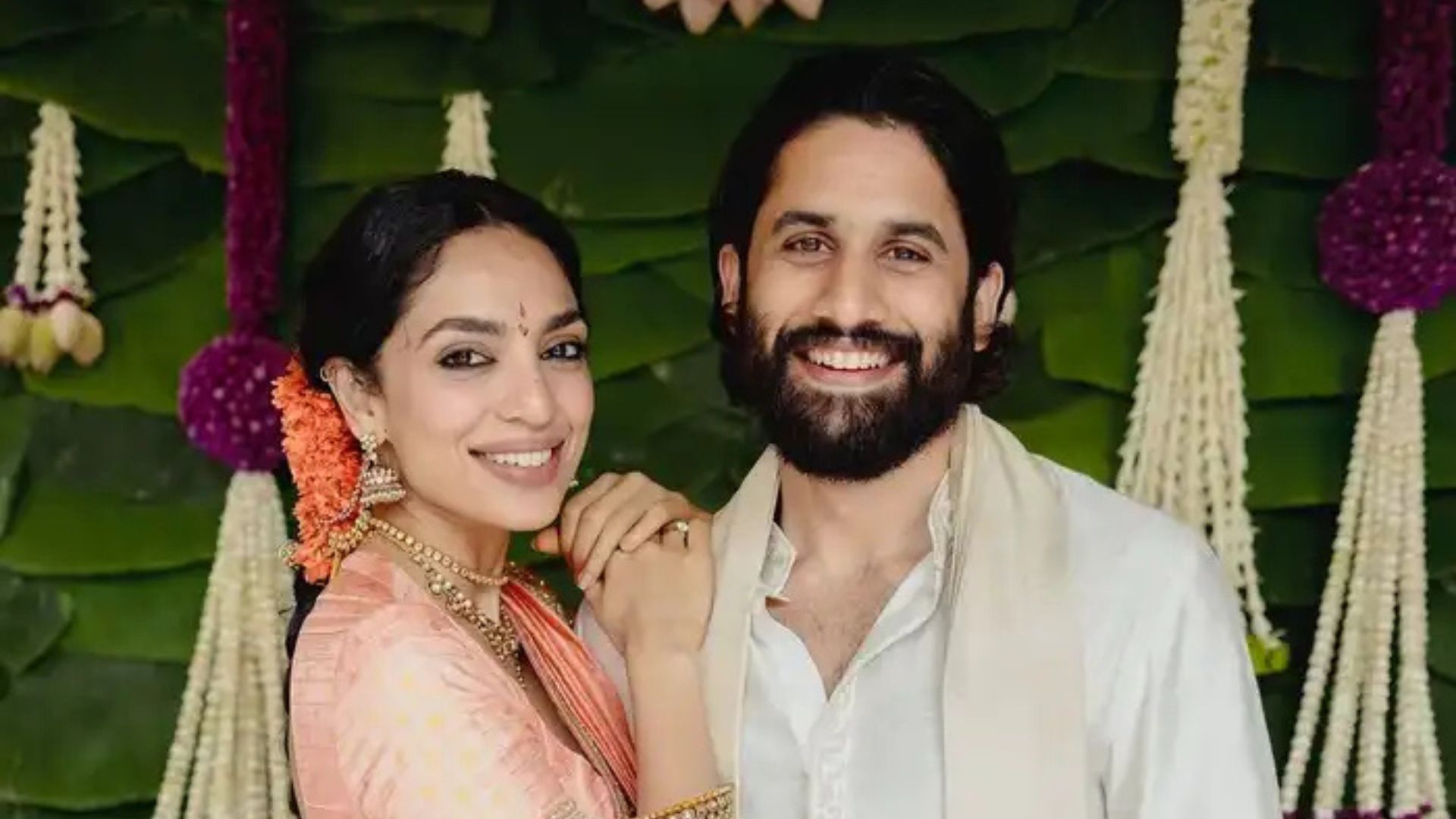
Voices are rising from within the Muslim community about the need to repair relations with Hindus, by shedding the centuries-old inter-community bitterness that was aggravated by the demolition of the Babri Masjid. The latest such voice of sanity belongs to the chief of Kerala’s Indian Union Muslim League, Panakkad Syed Sadikali Shihab Thangal, who described the newly built Ram Mandir in Ayodhya and the mosque that is to be built there as “symbols of secularism”. He made the comment on 24 January, two days after Ram Lalla’s consecration ceremony at the Ram Mandir in Ayodhya. The video of the function where he made this statement went viral over the weekend, leading to a backlash from among Muslim political parties and other similar entities in Kerala. But Thangal is not alone in expressing such sentiments. The president of the All India Imam Organisation, Imam Umer Ahmed Ilyasi, attended the pran pratishtha ceremony at Ayodhya.
For this, he has come under severe attack from fellow Muslims, with threats of physical violence issued to him. But he is undeterred in the belief that such threats can emanate only from the radical section of the community and not from the common Muslim, who wants to live in peace. Amid this, after a lower court verdict, puja has started at Varanasi’s Gyanvapi, where a mosque was built after destroying a Lord Shiva temple. Focus is now also on Krishna Janmabhoomi (birthplace), where too a mosque was built after razing down the temple dedicated to Lord Krishna. All this assumes importance in the context of some from the Hindu community declaring that the Ram Mandir should be the beginning of the restoration of around 40,000 Hindu temples that were destroyed by Muslims throughout history and mosques built on them. Given that any such move would result in the possible destruction of 40,000 odd mosques, it’s an extreme and untenable position. Any such move will permanently cleave India into two, apart from making its name mud internationally.
It will play into the hands of those who have been trying to stop the rise of India by propagating that it is a cauldron of religious hatred, where the oppression of minority groups is rampant. Is this the future that these right-wing thinkers want? They need to listen to Govind Dev Giri Maharaj, who is the treasurer of the Sri Ram Janmabhoomi Trust. “We do not even desire to look at the other temples if three temples are freed because we have to live in the future and not in the past,” he said this week.
Prime Minister Narendra Modi, during his speech at the Ram Mandir ceremony on 22 January, made a very important comment—that this is not just the time to feel victorious but also to feel humble in victory. The clear message was: be gracious and generous now that you have won. He is right. This is not the time to flex one’s muscle, or intimidate anyone in the name of restoring one’s heritage. The temples at Ayodhya, Kashi and Mathura are at the core of Sanatan Dharma, the reason why they were destroyed—to subjugate a people, to try and wipe out their faith and their beliefs. It was a deliberate act of inflicting a deep wound on the Indic civilisation. That the civilisation survived, is proof of the resilience of the people who make up the civilisation. That’s why the rebuilding of the Ram Temple is such a salve on a wounded civilisation. There is a need to settle the two other disputes of Kashi and Mathura too. Beyond that, any muscle flexing will divide the country even further, which is not desirable when the only goal should be India’s progress.
Attempts are being made at various levels to repair inter-community relations. As mentioned, a section of influential Islamic leaders have started speaking up in favour of the Ram temple, even though the All India Muslim Personal Law Board (AIMPLB) is trying to stoke controversies on Gyanvapi. But then AIMPLB always approaches such issues politically. A visible outreach is going on the at the level of the Central government too.
Prime Minister Narendra Modi received a delegation of religious leaders from various communities on Monday. On 23 May 2019, the day the Lok Sabha election results were declared, Narendra Modi, in is speech at the BJP headquarters in New Delhi, had introduced “sabka vishwas” to his slogan “sabka ka saath, sabka vikas”—meaning, the trust of the minorities had to be won. He had added that the minorities had been kept away from his party and government by vested interests. What he said at the Ram Mandir was actually a reiteration of that sentiment.
The focus of the county should be on reaching developed status by 2047. A strife-torn nation can never progress. Only a confident one can. India is witnessing the restoration of confidence in its national identity. It’s only a confident nation that knows when to stop and not indulge in excesses. To ask for 40,000 more temples is symptomatic of a lack of confidence in one’s own traditions and heritage; it is a sign of insecurity. The future beckons. It is time to move on.
Joyeeta Basu

